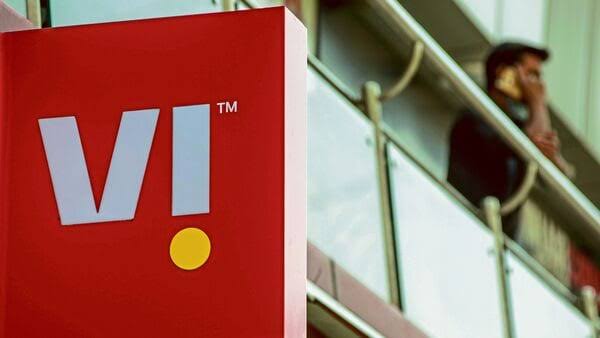
Vodafone Idea Ltd (Vi), one of India’s leading telecom operators, is facing an existential crisis. The company has warned the Supreme Court that it may not be able to sustain operations beyond FY 2025–26 unless it secures fresh bank funding
. However, banks are refusing loans due to Vi’s massive Adjusted Gross Revenue (AGR) liabilities, leaving the telco in a precarious position. With the moratorium on AGR payments ending in September 2025, Vi is urgently seeking a government waiver and an expedited court hearing to avoid a potential collapse that could disrupt India’s telecom sector.
The AGR Burden and Funding Woes
Vodafone Idea’s financial troubles stem from its staggering AGR dues, estimated at over ₹2 lakh crore, including interest and penalties. The Supreme Court’s 2019 ruling redefined AGR, requiring telecom companies to include non-telecom revenue in their calculations, significantly increasing their liabilities. While the government provided a four-year moratorium on spectrum and AGR payments in 2021, this relief is set to expire in September 2025.
Vi has petitioned the Supreme Court to waive the interest and penalties on its AGR dues, arguing that the financial burden is unsustainable. Without this relief, the company claims it cannot attract bank loans, as lenders are wary of its unresolved liabilities and weak financial health. This lack of funding threatens Vi’s ability to invest in network upgrades, 5G rollout, and day-to-day operations.
Why Banks Are Hesitant
Banks’ reluctance to lend to Vodafone Idea is rooted in the uncertainty surrounding its AGR obligations and its history of losses. Despite efforts to raise capital through equity and tariff hikes, Vi’s debt remains a significant concern. The company’s market share has also been eroded by competitors like Reliance Jio and Bharti Airtel, further weakening its creditworthiness. Without clarity on AGR relief or government intervention, banks are unwilling to take the risk.
The Ripple Effect on India’s Telecom Sector
Vodafone Idea’s potential collapse could have far-reaching consequences. As India’s third-largest telecom operator, Vi serves over 200 million subscribers. Its exit could lead to a duopoly between Jio and Airtel, potentially increasing tariffs and reducing consumer choice. A weakened telecom sector could also hinder India’s digital economy, impacting everything from mobile banking to broadband connectivity.
The government, aware of these risks, has taken steps to support the telecom industry, including converting part of Vi’s debt into equity in 2023. However, Vi argues that more decisive action—such as waiving AGR interest and penalties—is critical to its survival.
What’s Next for Vodafone Idea?
Vi is pinning its hopes on the Supreme Court and government intervention. The company has requested an urgent hearing to address the AGR issue and is seeking a stay on the government’s demand for interest and penalties. Additionally, Vi is exploring alternative funding options, including raising capital through equity markets and launching new prepaid plans like the recently introduced ₹2399 plan to boost revenue.
However, time is running out. With the AGR moratorium ending in September 2025 and banks unwilling to lend, Vi’s future hinges on swift regulatory and judicial relief. The company’s ability to roll out 5G services and compete with Jio and Airtel also depends on securing the necessary funds to upgrade its infrastructure.
Conclusion
Vodafone Idea’s warning underscores the fragility of India’s telecom sector, where regulatory burdens and intense competition threaten even major players. The government and judiciary now face the critical task of balancing fiscal demands with the need to maintain a competitive telecom market. For consumers, the outcome will determine whether India’s telecom landscape remains diverse or shifts toward a Jio-Airtel duopoly.
As Vi fights for survival, stakeholders are watching closely. Will the government step in to save the telecom giant, or will Vodafone Idea become a cautionary tale of regulatory overreach? Only time will tell.




